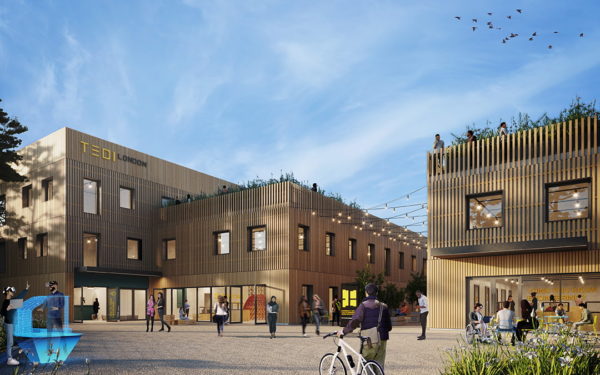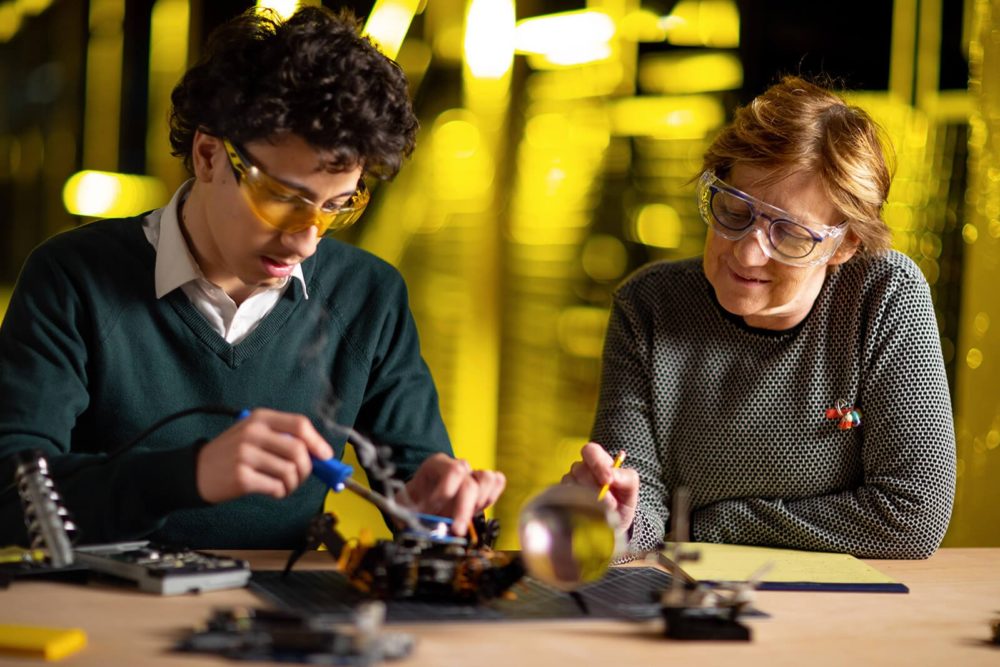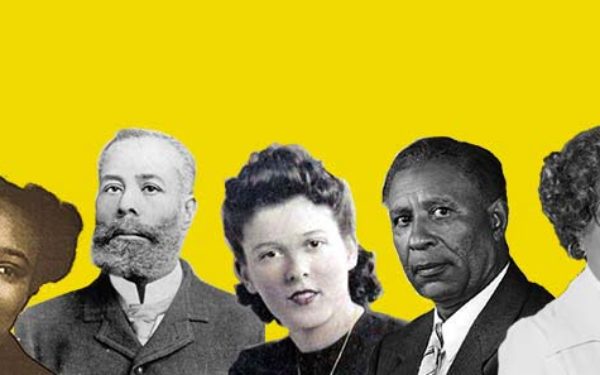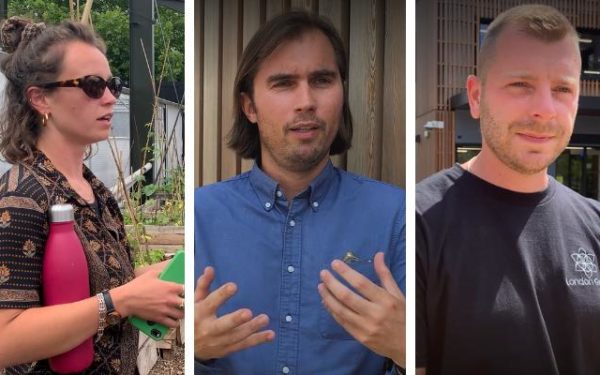
World Engineering Day: Engineering a sustainable future for all

To celebrate World Engineering Day our Dean and CEO, Judy Raper, reflects on the skills we need from future engineers in order to boost progression towards the achievement of the UN Sustainable Development Goals.
On World Engineering Day, I am delighted to see UNESCO drawing attention to key factors that will help position engineering, quite rightly, as a key driver towards the achievement of the UN Sustainable Development Goals (SDG’s). Their latest report makes for interesting reading.
Not only is engineering key to achieving the SDG’s but is also especially important in the post-Covid world, where technology needs to be utilised to maintain well-being, understand human behaviour, and manage the vast amounts of data needed to provide an equitable global society.
UNESCO are right to point to the skills and diversity gaps in the profession as key areas for improvement to boost progression towards the achievement of the SDG’s. I would add to this and say that for engineering to realise its full potential, we need a different type of engineer to come to the fore. Alongside great subject specialists, we need a group of engineers who are have a rounder understanding of the breadth of disciplines both within engineering and outside it. We need interdisciplinary problem solvers who can consider the challenges of the SDG’s holistically from across the engineering and related disciplines spectrum and have the cultural awareness and understanding to place the individuals within communities and societies at the heart of the solutions they design and make.
“Alongside great subject specialists, we need a group of engineers who are have a rounder understanding of the breadth of disciplines both within engineering and outside it.”
This new type of engineer can only come from innovative new types of education that train students from the get-go to be hands on, practical and in the real world. Education opportunities like this are emerging here in the UK, with TEDI-London and with other providers such as NMITE, and I would say their progress will be watched, and their approach hopefully imitated, by older more established institutions as the impact and value of these innovations ripple out into the world.
These approaches have not come about by accident. They are a product of a market that seeks to make a difference in the world. Students today want more than a career or a salary, they want to make a difference to the world they live in. Movements like the School Strike for Climate and the enormous impact individuals like Greta Thunberg have, prove that young people are motivated by change and empowered to drive it – we must provide education opportunities to support and enable them to do that.
Our project-based learning approach is just one way to do that. By providing an education opportunity for students to work on themes tied to the real world and the SDG’s (such as smart cities, ecological design, water, waste, sanitation), we hope to attract the changemakers of the future into engineering, and they in turn will provide solutions to the SDG’s – a virtuous circle of progression towards goals that we have set ourselves to achieve in what is now less than a decade. The need to act has never been more pressing.
Learn more about our Global Design Engineering degree.
Originally published 4 Mar 2021
More News articles


Celebrating black engineers throughout history
